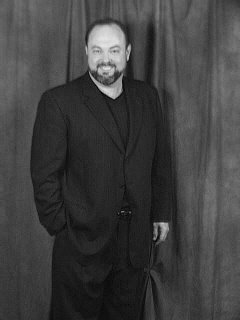
Exterior journeys often reveal the need in my own heart for interior, spiritual journeys, and this road trip I am now completing is no exception.
But lately I've been dwelling on the passage in 2 Corinthians 5:17 - Therefore, if anyone is in Christ, he is a new creation; old things have passed away; behold, all things have become new.
Here we are at the end of one calendar year and at the beginning of another and I am longing for "newness." This longing is both a desire for escape (bad) and renewal (good). I long for newness to escape the effects of all my "oldness," my old ways, passions, and attitudes - all a result of my own slavery to survival as opposed to true life. My selfish desire is for a "clean slate" so I can instantly escape the consequences of my past behavior and sinfulness.
But St. Paul is talking about a new kind of "newness." He means a newness that is rooted in a relationship with Fire Himself. It is an invitation to the Divine Furnace of unconditional love. It is a challenge to enter "into" Christ, to "dare to call upon God as Father and to say - Our Father Who art in heaven..." This "newness" is a place of perpetual "newness," a place where I AM new eternally in Christ, a place of eternal renewal. Every event, every behavior, every thought, attitude, and action is always new in this Fire.
Terrifying, isn't it, and compelling.
To enter this newness will mean "old things" MUST pass away. They must become what they are - death. They must be allowed to be dropped as the weights they are and to rot and decay, because they have the fatal flaw of the fallen - they are disconnected from eternity, and any attempt to bring them with me will doom my own journey into this "newness."
Here I stand at a new year. This moment is new. It has never existed before and when it is passed it will never exist again. Only that which shares in Christ - The One New Man - will be able to pass from this fleeting moment into eternity. All else will participate in that death that is the second death.
I am invited by Christ to enter Him and His eternal newness. This will be a lifelong journey and it will cost me everything I have and am. Far from being some magical, instantaneous transfer, this will be an eternally new entering with every choice, every thought, and every prayer. Perpetual hope and challenge, but without even a whiff of despair because He loves me more than I, myself, know how to love.
Come, all the brave among you, let us enter the Furnace of this newness with fear and joy.
Happy New Year!






